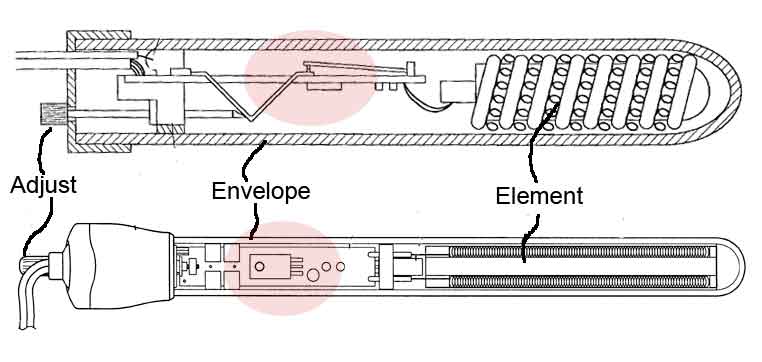Hello guys,
My tank is approximately 85 gallons (33 liters) and I am looking forward to find the appropriate heater.
I have found JBL external heater and it has 2 versions.
The 300 watt and the 500 watt.
My house isn't that warm, especially in winter btw.
At the same time I want to make a smart choise so the elecriticity bill remains viable.
Any suggestions?
Thank you !
My tank is approximately 85 gallons (33 liters) and I am looking forward to find the appropriate heater.
I have found JBL external heater and it has 2 versions.
The 300 watt and the 500 watt.
My house isn't that warm, especially in winter btw.
At the same time I want to make a smart choise so the elecriticity bill remains viable.
Any suggestions?
Thank you !



